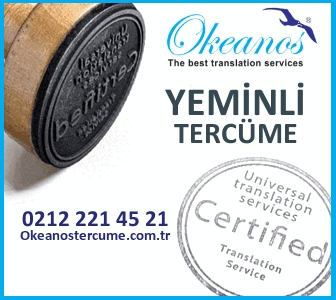The verbs ‘to be’ (forms like is, was, are) and ‘to have’ (has, had) are essential, but they are often weak, passive, and vague. Over-relying on them drains energy from your writing. Replacing these weak verbs with more powerful, active synonyms is the fastest way to make your prose assertive, engaging, and concise.
Why Replace ‘To Be’ and ‘To Have’? ✍️
These verbs, especially ‘to be,’ often lead to the passive voice and nominalizations (turning verbs into nouns). Replacing them forces you to identify the true actor and action in your sentence, leading to stronger, more vivid writing. For example, instead of “The decision was made by the committee” (passive/weak), write “The committee decided the matter” (active/strong).
25 Powerful Verbs to Replace ‘To Be’ (Forms of Is, Was, Are)
These verbs clarify the relationship between the subject and the action, replacing the passive link provided by ‘to be.’
A. Verbs of Action/Occurrence:
- Occur (The accident occurred)
- Exist (Problems exist)
- Remain (He remained calm)
- Prove (The test proved difficult)
- Serve (The program serves a purpose)
- Function (The system functions well)
- Act (She acts as treasurer)
- Emerge (The truth emerged)
- Behave (The crowd behaved responsibly)
- Manifest (Symptoms manifested quickly)
B. Verbs of State/Condition:
- Appear (It appears complicated)
- Feel (I feel tired)
- Sound (That sounds promising)
- Seem (It seems appropriate)
- Look (The forecast looks cloudy)
- Represent (The flag represents freedom)
- Signify (The change signifies progress)
- Stand (The building stands tall)
- Lie (The city lies on the coast)
- Reside (They reside in the north)
C. Verbs of Identity/Change:
- Become (He became CEO)
- Change (The situation changed rapidly)
- Turn (The sky turned gray)
- Grow (She grew confident)
- Form (The group formed a coalition)
25 Powerful Verbs to Replace ‘To Have’ (Forms of Has, Had)
These verbs specify the relationship, action, or acquisition, rather than simply stating possession.
A. Verbs of Possession/Control:
- Possess (She possesses great skill)
- Own (They own the property)
- Control (The manager controls the budget)
- Retain (We retain the original copy)
- Hold (The vessel holds 100 gallons)
- Maintain (He maintains a large collection)
- Involve (The task involves data entry)
- Comprise (The team comprises five members)
- Enclose (The envelope encloses the documents)
- Contain (The bag contains the supplies)
B. Verbs of Acquisition/Creation:
- Acquire (They acquired the new data)
- Obtain (We obtained the necessary permits)
- Receive (I received the notification)
- Generate (The system generated the report)
- Develop (The company developed the software)
- Secure (He secured the funding)
- Produce (The factory produces goods)
- Create (The team created a solution)
- Capture (The camera captured the image)
- Procure (She procured the raw materials)
C. Verbs of Experience/Causation:
- Undergo (She underwent training)
- Experience (We experienced turbulence)
- Suffer (They suffered a small setback)
- Cause (The delay caused frustration)
- Exhibit (The device exhibits high performance)


